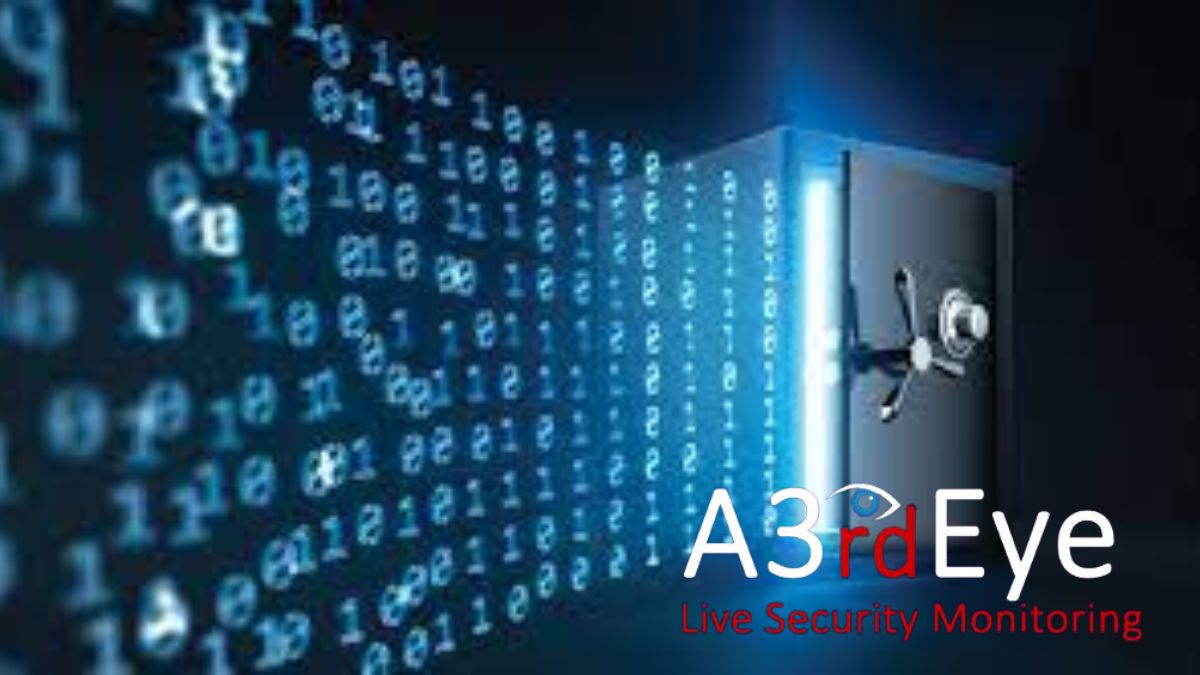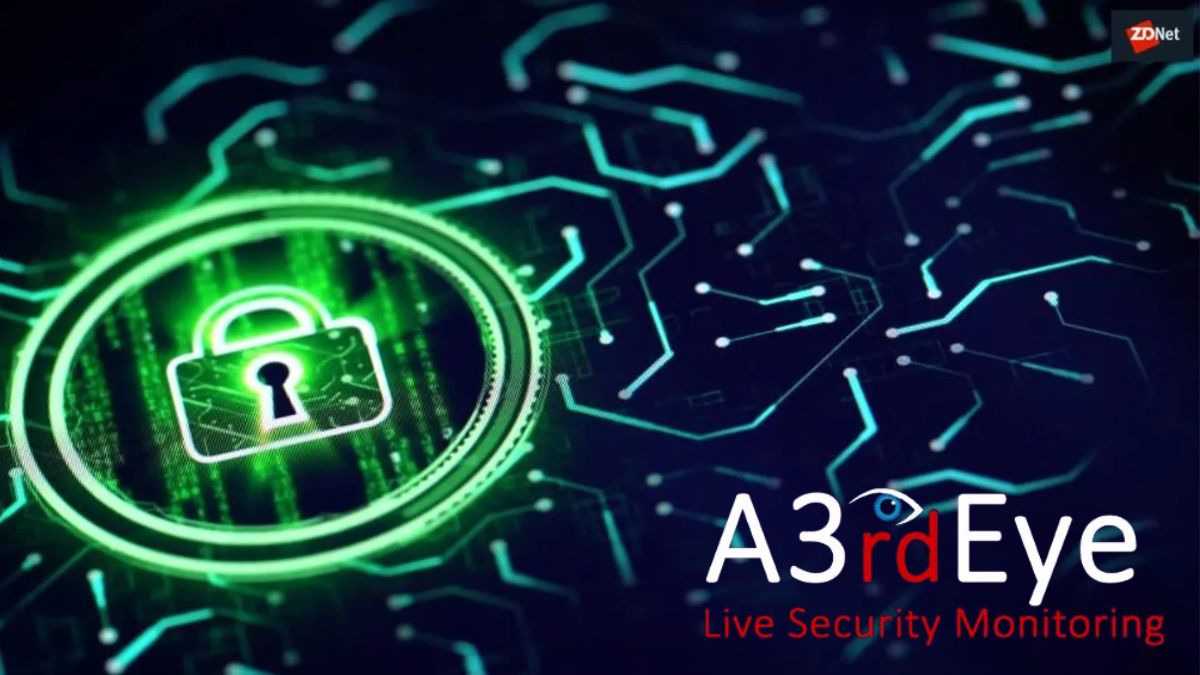
Security Credit Systems: Protection in the Digital World
Security Credit Systems: Protection in the Digital World In the context of the digital world, the term “security credit system” refers to the elaborate frameworks and procedures used to determine who may be trusted and how reliable they are. These systems use metrics like credit ratings, risk assessment models, and statistical analysis to gauge a user’s reliability and the extent of any connected dangers.
The Importance of Cybersecurity Credit Systems
Security credit systems are essential for reducing risks and safeguarding data in the dynamic field of cybersecurity. These technologies contribute to a safe online community by determining who may be trusted to conduct business and collaborate electronically. They add a layer of defense against cybercriminals, identity thieves, and data breaches and help stop fraudulent activity.
Comprehending Risk Assessment and Credit Scores
Security credit systems rely heavily on credit scores. Credit scores are numerical representations of an entity’s (or an individual’s) reliability and creditworthiness. Factors including payment history, credit use, and debt-to-income ratio go into the calculation of these scores. The possibility of an entity engaging in fraudulent or risky action is then calculated using these ratings by risk assessment models.
The Value of Guaranteed Credit Systems
There are many advantages to using a security credit system.
Security credit systems improve security measures and lessen vulnerabilities in digital settings by employing cutting-edge risk assessment methodologies.
By providing trustworthy and open-handed methods of evaluation, these systems help build confidence in the integrity of businesses and monetary institutions.
Reduced Financial Losses Through Efficient Fraud Detection Security credit systems provide rapid identification and mitigation of fraudulent actions.
Security credit systems ensure the privacy and confidentiality of their users’ personal information by employing strict data protection procedures.
The Value of Keeping Information Secret and Safe
Protection of personal information is a cornerstone of any security-based credit system. Data breaches and unauthorized access may be disastrous for businesses that gather, store, and analyze sensitive personal and financial information. Protecting the privacy and confidentiality of the information used in security credit systems requires strict adherence to data protection laws, the use of strong encryption methods, and the use of robust storage mechanisms.
Improving Consumer Confidence in Online Purchasing
The proliferation of online purchases can be attributed to the explosive development of the e-commerce market. In order to determine who can be trusted when conducting business online, security credit systems are important. These systems help create a more trustworthy and secure online marketplace by analyzing things like credit ratings, purchase history, and behavioral patterns.
Protection of Financial Information and Detection of Fraud
Security credit systems rely heavily on fraud detection. These systems are able to spot red flags for potential fraud thanks to the use of complex algorithms and machine learning methods. Alerts can be set out in the event of unusual account activity, suspected transactions, or credit information inconsistencies, allowing for speedy investigation and prevention of potential fraud.
Security Credit System Regulations and Compliance
There is a set of rules that security credit systems must follow to be legal and fair. Various authorities establish and enforce rules on the handling of sensitive information. Protecting people’s rights and personal information by keeping security credit systems running smoothly depends on people following these rules.
Security credit systems: advantages and drawbacks
Security credit systems have many advantages, but they are not without their drawbacks.
correctness and Quality of Data: Data correctness and quality are of the utmost importance in security credit systems. Erroneous evaluations and incorrect credit scores might result from inaccurate or missing data.
Data privacy is a concern, and it can be difficult to find a happy medium between protecting personal information and gathering useful data. Finding a happy medium between these two extremes is essential for the success of security credit systems.
Rapid technological progress calls for constant upgrades and modifications to existing security credit systems. Maintaining their efficacy requires always being one step ahead of both new dangers and new technologies.
Security Credit System Developments
Future security credit systems will likely be influenced by several current developments:
Better risk assessment, fraud detection, and predictive modeling are made possible by the use of AI and ML algorithms in the context of security credit systems.
Blockchain technology provides a safe and transparent way to store information, which boosts the trustworthiness of security credit networks.
Security credit systems can benefit from an extra level of protection provided by biometric authentication methods like fingerprint and face recognition.
Security Credit Systems: Their Promising Future
Trust, privacy, and safety in the digital world can be ensured with the help of future security credit systems. Artificial intelligence (AI), blockchain, and biometrics advancements will help improve security and risk assessment methods. To facilitate safe and reliable digital interactions, it will be crucial to find a happy medium between stringent security measures and user friendliness.
Conclusion
Trust, identity protection, and the reduction of cyber threats are all facilitated by security credit systems, which play a crucial role in the overall digital ecosystem. These technologies make the internet a safer and more secure place by doing things like checking applicants’ credit, sniffing out fraud, and adhering to privacy laws. Security credit systems will progress and improve in tandem with technological developments, guaranteeing safe and secure electronic transactions.
The question is how security credit systems determine who is trustworthy.
Factors such as payment history, credit utilization, and debt-to-income ratio are used by security credit systems to determine a person’s creditworthiness.
Can all forms of fraud be stopped by security credit systems?
Even while security credit systems are great at spotting and stopping fraud of various kinds, extra precautions should still be taken.
Does the government oversee the security credit industry?
Regulatory frameworks are in place to make sure security credit systems are legal, fair, and safeguard people’s rights.
To what extent do cutting-edge innovations like AI and blockchain influence present-day safety-asset financing models?
The precision, safety, and openness of security credit systems are all enhanced by cutting-edge technology like AI and blockchain.
Where do you see security-based credit systems going from here?
Artificial intelligence (AI), blockchain, and biometric technology breakthroughs will shape the future of security credit systems, leading to more robust security and frictionless digital interactions.

Security Credit Systems Protection in the Digital World

